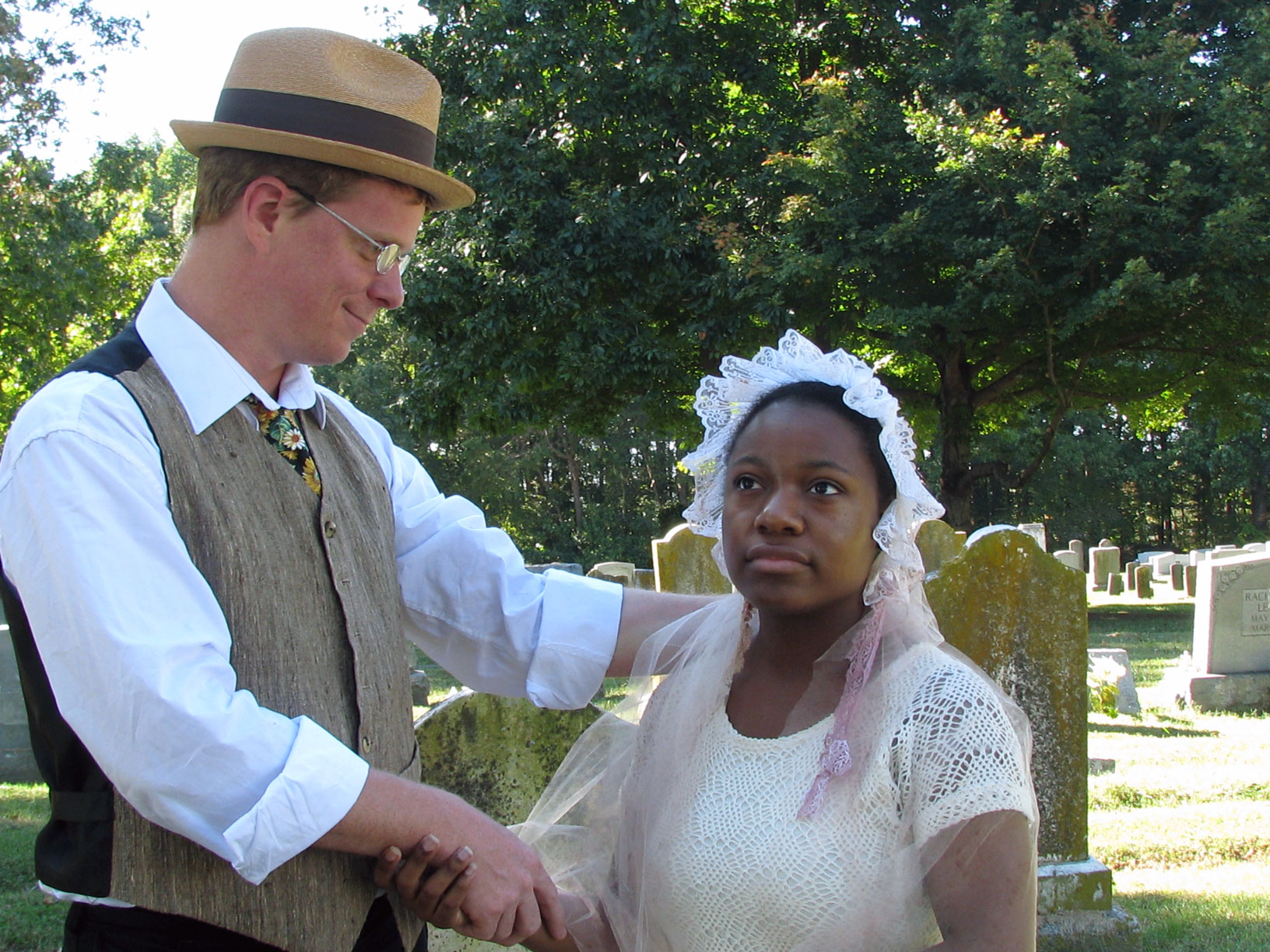It didn’t take a sharknado smacking me in the head to make me understand, as a child growing up in the 50s and 60s, that women writers were expected to swim in the sea of domestic dramas and leave the shake-the-world-upside-down stories for the boys.
Before I could spell “g-e-n-d-e-r,” I vowed to write about the body politic outside my Adam’s rib. “I’ll be *&!@#^! if my stories are going to have anything to do with my own life” I hissed to my imaginary (of course, male) muse. I mean, why write about my school crossing-guard mother standing waist-deep in blackened snow to make the rent if I can imagine Joan of Arc, resplendent in saintly armor, bravely leading an army against the English?
How many of us truly see to the bottom of the murky pool of our life’s creations?
And so my pen(is) set out to conquer worlds far and farther. Prospectors panning for gold in the California Rush. Done! American labor unrest in 1929. Done! Suicide bombings in Iraq. Done! Done! Done! I prided myself that my skill and craft as a writer gave me a ticket to ride on whatever ferry I chose to hitch my fins to – and that none of these stories could ever possibly be labeled ‘self-indulgent or autobiographical’ - you know, the shit they are always saying about female authors.
Funny how we can believe something and it not be true.
 |
Photo credits:
GTCC Fine Arts Theatre Nov. 2013 production of OUR TOWN;
Damone Taylor (as Emily) and Tommy Trull (as "Stage Manager"). |
This summer I watched my beloved father-in-law (Paul) take his last breath, and shortly after began directing a production of OUR TOWN by Thornton Wilder. I had decided to direct the play a few months before; when people asked why I had selected this particular work, I trotted out the “75th anniversary of OUR TOWN” card – and I believed it too. I didn’t want to acknowledge that Paul’s imminent passing had awakened a need to wrestle with the fleeting meaning of life, the thematic river that runs through OUR TOWN.
On the night we started rehearsing the final act of the play (the Death Act) and I heard those words spoken by the character of Emily as she painfully relives, after dying in childbirth, her 12th birthday with her family: “I can’t bear it. They’re so young and beautiful. Why did they ever have to get old,” a tsunami of grief washed over me and for the first time in my four decade long career, I left a rehearsal to collect my wits.
Recovering from my emotional fall-out, one of those lightning-strike-me-dead-if-I-don’t-see-it-now moments occurred. My creative pursuits – as a playwright and director – have always been reflections of my life. And that 7,000 pound killer shark, that insidious whale of a lie that led me to believe, back in 1960, that women’s lives and my life in particular wasn’t worth ‘telling,’ suddenly lifted off my back and flew away. Hallefuckinglujah! how sweet it is to stake a claim in that female personal space - our fertile crescent.
I recently started work on my 12th full length play. Unfolding in the pivotal year of 1913, women’s right to vote, the global feather trade, class struggle, and the early rumblings of the American conservation movement thematically crisscross through this black comedy. Oh – have I mentioned that the play, coincidentally, is about three women (I come from a family of three sisters ☺)?
I no longer give a rat’s ass what people think women should or should not write about. After all, if sharks can fly, anything is possible.
For more information about June’s works, visit:
www.juneguralnick.com
Email:
june@juneguralnick.com
© June Guralnick. All rights reserved. This work may be republished, only with full attribution to the author.
![]() at the top of the post
at the top of the post![]() at the top of the post
at the top of the post